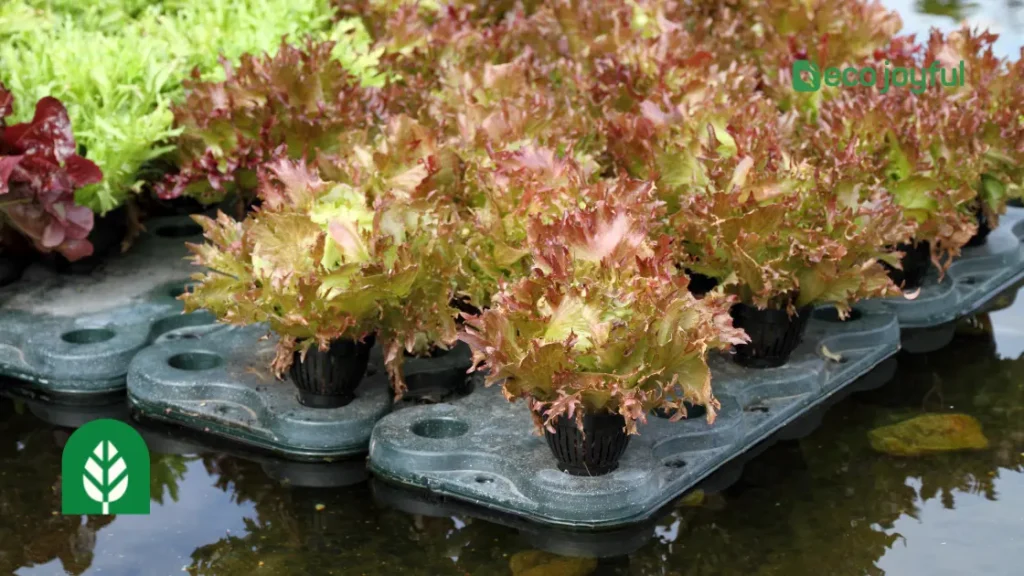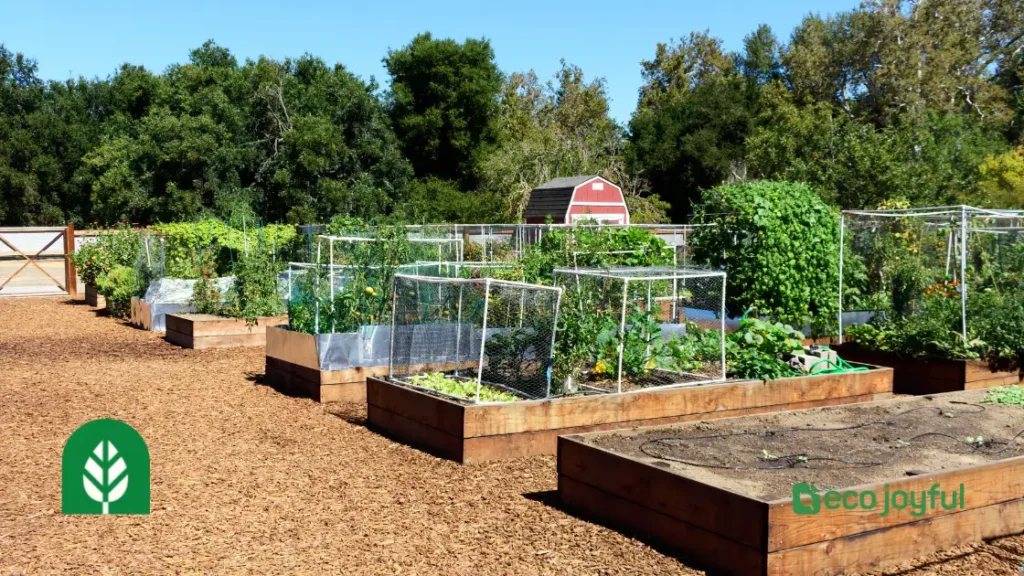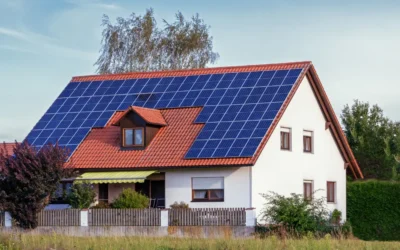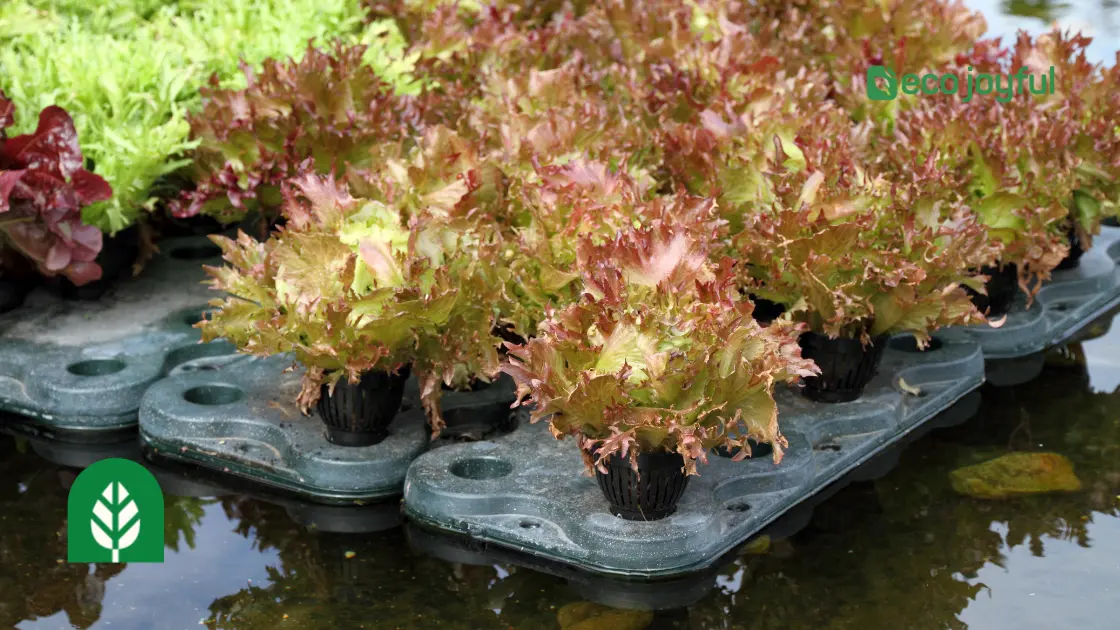Hydroponic gardening has gained popularity in recent years due to its innovative approach to growing plants without soil. While it offers many advantages, it also comes with its own set of disadvantages that should be considered before embarking on a hydroponic gardening journey.
Table of Contents
1. Initial Setup Cost
One of the primary drawbacks of hydroponic gardening is the initial setup cost. Unlike traditional soil gardening, hydroponic systems require specialized equipment such as pumps, grow lights, and nutrient solutions, which can be quite expensive.
2. Technical Knowledge
Hydroponic gardening involves a certain level of technical knowledge and expertise. Maintaining the proper balance of nutrients, pH levels, and water oxygenation requires a good understanding of plant biology and hydroponic systems, which can be challenging for beginners.

3. Risk of System Failures
Hydroponic systems are susceptible to various types of failures, such as pump malfunctions, clogging, and nutrient imbalances. These failures can lead to rapid plant deterioration and are often more difficult to detect and rectify compared to traditional soil-based issues.
4. Power Outages
Hydroponic setups are reliant on electricity to power pumps, grow lights, and other essential components. In the event of a power outage, plants may be left without vital resources, leading to potential damage or loss of the entire crop.
5. Monitoring and Maintenance
Compared to traditional gardening, hydroponic systems require more frequent monitoring and maintenance. Checking nutrient levels, pH balance, and water temperature becomes a regular task, demanding a higher level of dedication and time commitment.

6. Susceptibility to Disease
Hydroponic gardens can be more susceptible to rapid disease spread due to the shared water reservoir and the absence of soil’s natural protective properties. Fungal, bacterial, and viral infections can quickly affect an entire hydroponic setup if not properly managed.
7. Dependence on Technology
Unlike traditional gardening, hydroponics heavily relies on technology. Any malfunction or breakdown of equipment can have a direct impact on plant health and overall crop yield, making it a less self-sustainable method of cultivation.
8. Limited Crop Variety
Some plant varieties may not thrive as well in hydroponic systems compared to traditional soil-based methods. Certain crops may require specific soil nutrients and microbial interactions that are challenging to replicate in a hydroponic environment.
9. Environmental Concerns
The production and disposal of hydroponic equipment, such as plastics and electronic components, can contribute to environmental waste and pollution. Additionally, the energy consumption of hydroponic setups raises concerns about sustainability and carbon footprint.
10. Regulatory Restrictions
Depending on the region, there may be regulatory restrictions or limitations on the use of hydroponic systems for commercial or large-scale production. Compliance with local laws and regulations can present obstacles for aspiring hydroponic growers.
In conclusion, while hydroponic gardening offers numerous benefits, it’s essential to weigh these against the potential disadvantages. By carefully considering the challenges and limitations, individuals can make informed decisions about whether hydroponic gardening is the right choice for their needs and circumstances.








